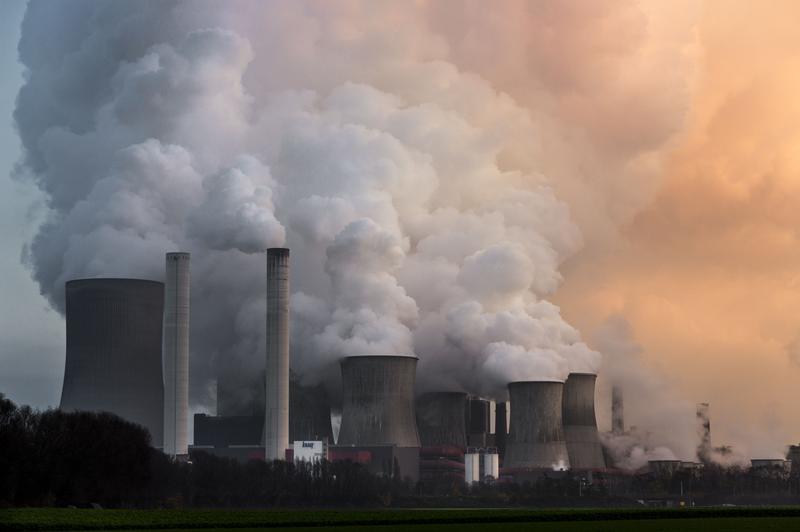Billions in EU climate allowances spent on coal

The vast majority of the estimated 12bn euros of European allowances and transfers intended to tackle climate change and diversify the energy mix between 2013-19 will – instead – be spent on coal, according to a new report.
The report, by WWF, CAN Europe and Greenpeace EU also found that most of the estimated 9bn euros expected in solidarity and Kyoto payments will not be spent on measures linked to climate change.
The payments come from the sale of European carbon credits but their use is controversial. Poland, for example, plans to spend the 3bn euros it will receive to cut the budget deficit.
The findings suggest that non-legally binding agreements to use the extra resources provided to lower income countries to diversify their energy sectors and invest in reducing emissions are not being followed.
Instead EU support aimed at lowering emissions has effectively subsidised the coal industry.
The report comes as EU leaders prepare to meet in October to agree the next round of climate and energy targets and decide the fate of the existing mechanisms.
Free allowances
The EU’s Emissions Trading Scheme (ETS) works by making energy firms pay for allowances to emit carbon dioxide.
Initially some firms were given allowances for free – but from 2013 the plan was, all power companies had to pay.
But many of the EU’s newer members argued the scheme would impose unfair costs on their recovering economies, so a 2008 deal allowed billions of euros worth of free allowances for power companies in these member states.
In exchange the ETS directive suggested member states would invest in diversifying the power sector,installing clean energy and upgrading infrastructure, outlining how they would do so in a “National Investment Plan”.
By the end of 2012 the EU had granted allowances which should amount to around 12bn euro’s of corresponding investments, with almost 7.5bn of that allocated to Poland.
But out of the 378 investments in Poland’s national plan only 27 related to renewable energy with 24 of those actually supporting biomass co-firing with coal. The vast majority of the investments were aimed at modernising Poland’s existing fleet of coal plants.
Free cash
In addition to the free allowances a deal in 2009 agreed that some of the auctioned allowances (10%) would be used to promote growth in EU through the “solidarity and growth” mechanism instead of simply being distributed according to each member state’s emissions.
A further 2% would be distributed to member states who had reduced emissions by a certain amount under the Kyoto protocol.
All in between 2013 and 2020 this will add up to around 9bn euros in -what were effectively – cash transfers to lower income EU states such as Poland and Romania.
The deal envisaged the money being used to tackle climate change – for example through promoting renewable energy or public transport.
The report found that Poland plans to spend its 3bn euros on cutting the deficit with Romania so far saying that at least a third of the money would be spent on the state budget.
New targets
The analysis comes as the EU prepares to rubber stamp a new range of targets up until 2030 – which could include many of the same mechanisms.
This introduces a problem – because most of the cheapest clean energy investments are in low-income countries where the current support schemes appear to do little to promote emissions reductions.
Instead, free allowances and funds designed to support the diversification of their energy systems could be used once again to support the coal industry of Poland, Czech Republic and Romania.
The report by the three NGO’s matched suggestions by a number of recent studies, including one by IPPR, that there should be an alternative financing mechanism to leverage investment in the EU’s lower income economies, which would have much more stringent conditions ensuring cash was not spent on further locking-into high-carbon infrastructure – and the abolition of the current structures.
Such a move to reform the existing funding structures is, however, is likely to be fiercely opposed by some member states such as Poland where the coal industry is a dominant force.




